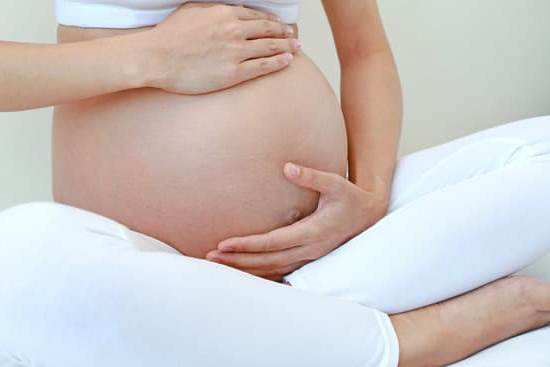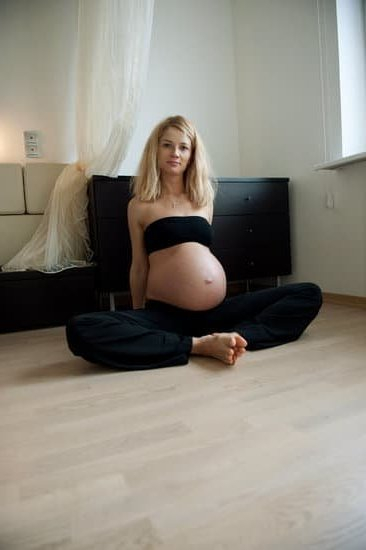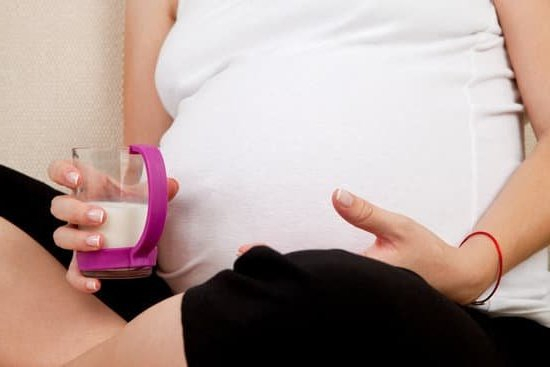The female fertility cycle is the process that a woman’s body goes through each month to prepare for a possible pregnancy. The cycle is controlled by hormones and it begins on the first day of a woman’s period. There are four main stages to the fertility cycle: the menstrual phase, the follicular phase, the ovulatory phase, and the luteal phase.
The menstrual phase is the first stage of the cycle. It begins on the first day of the period and lasts for about 5-7 days. During this phase, the uterus lining starts to thin and the body sheds the endometrial tissue.
The follicular phase is the second stage of the cycle. It begins when the period ends and lasts until the day of ovulation. During this phase, the ovarian follicles start to grow and the levels of estrogen and progesterone start to increase.
The ovulatory phase is the third stage of the cycle. It begins when the follicles are mature and lasts for about 24 hours. During this phase, the egg is released from the ovary and the levels of estrogen and progesterone reach their peak.
The luteal phase is the fourth stage of the cycle. It begins after ovulation and lasts for about 14 days. During this phase, the levels of progesterone start to decrease and the uterus lining starts to thicken.
The female fertility cycle is important because it allows the body to prepare for a possible pregnancy. By understanding the cycle, women can better track their fertility and determine when they are most likely to conceive.
Foods That Increase Fertility In Females
There are many different foods that are said to increase fertility in females. While some of these claims may be based on hearsay or old wives’ tales, others may have some scientific basis. Here are a few of the most commonly cited fertility-boosting foods:
1. Dark leafy greens such as spinach and kale
These vegetables are high in folate, a water soluble vitamin that is important for pregnant women and for the development of the baby’s neural tube. Folate also helps to reduce the risk of birth defects.
2. Citrus fruits
Citrus fruits are a good source of vitamin C, which is important for a healthy immune system. Vitamin C also helps to promote ovarian function and increase the chance of conception.
3. Whole grains
Whole grains are a good source of fiber, which is important for overall health. Fiber also helps to regulate blood sugar levels, which can be beneficial for women with PCOS (polycystic ovarian syndrome), a condition that can lead to infertility.
4. Lean protein
Lean protein can help to boost fertility by regulating hormone levels. It is important to choose lean protein sources such as grilled chicken or fish, rather than processed meats.
5. Water
Water is essential for overall health and can help to improve fertility. It is recommended that women drink at least eight glasses of water per day.
While eating these foods may not guarantee a successful pregnancy, they can certainly help to boost fertility and improve overall health.
Hibiscus Flower For Female Fertility
The hibiscus flower is a potent symbol of female fertility and has been used for centuries in traditional medicine to support reproductive health. Hibiscus tea is a delicious and healthy way to enjoy the benefits of this powerful flower.
Hibiscus tea is high in antioxidants and has been shown to help improve blood pressure and lower cholesterol. It is also a natural diuretic, which can help to reduce bloating and water retention.
The hibiscus flower is also known for its fertility-supporting properties. It has been shown to help improve reproductive health in both men and women, and is often used to support fertility and pregnancy.
Hibiscus tea is a delicious and healthy way to enjoy the benefits of this powerful flower. If you are trying to conceive, adding hibiscus tea to your diet may help to improve your fertility.
Are Females More Fertile Before Or After Their Period
?
There is a lot of discussion around whether females are more fertile before or after their period. The answer to this question is a little bit complicated. Generally, females are more fertile before their period. However, this is not always the case. Each female’s body is different and will respond differently to different times of the month.
A female’s body goes through many changes during her menstrual cycle. These changes can affect her fertility. The three main hormones that control a female’s menstrual cycle are estrogen, progesterone, and testosterone. These hormones work together to control the different stages of the menstrual cycle.
The three main stages of the menstrual cycle are the follicular phase, the ovulatory phase, and the luteal phase. The follicular phase is the first stage of the menstrual cycle. This is when the body starts to produce estrogen and progesterone. The ovulatory phase is the second stage of the menstrual cycle. This is when the body produces the most estrogen. The luteal phase is the third stage of the menstrual cycle. This is when the body produces the most progesterone.
The follicular phase starts about two weeks before the period starts. The ovulatory phase starts about 14 days after the period starts. The luteal phase starts about 16 days after the period starts.
Generally, the follicular phase is the best time for a female to get pregnant. The ovulatory phase is also a good time for a female to get pregnant. The luteal phase is not as good of a time for a female to get pregnant. However, this does not mean that a female cannot get pregnant during the luteal phase. Each female’s body is different and will respond differently to different times of the month.
If you are trying to get pregnant, it is best to track your menstrual cycle. This will help you determine when you are most fertile. You can use a fertility chart or an app to help you track your menstrual cycle.
Bee Pollen Benefits For Female Fertility
There are many benefits to bee pollen for female fertility, and it can be a great way to improve your chances of getting pregnant. Bee pollen contains numerous vitamins, minerals, and antioxidants, all of which are essential for optimal fertility. Additionally, bee pollen can help to regulate your hormones and support overall reproductive health.
One of the key benefits of bee pollen for female fertility is its ability to improve ovulation. Bee pollen helps to stimulate the production of progesterone, which is essential for healthy ovulation. Additionally, bee pollen contains antioxidants that help to protect the ovaries from free radical damage. This can be important for preventing ovarian cancer and other fertility-related health issues.
Bee pollen can also help to improve the quality of your eggs. Bee pollen contains high levels of vitamins B6 and B12, which are essential for healthy egg production. Additionally, bee pollen is a good source of antioxidants, which can help to protect the eggs from free radical damage. This can help to ensure that your eggs are healthy and capable of fertilization.
Bee pollen is also beneficial for overall reproductive health. Bee pollen can help to regulate your hormone levels and keep them in balance. This is important for maintaining healthy reproductive function. Additionally, bee pollen can help to support the health of your uterus and increase the chances of a successful pregnancy.
If you are trying to conceive, bee pollen can be a great way to improve your fertility. Bee pollen is packed with essential vitamins, minerals, and antioxidants, all of which are essential for optimal fertility. Additionally, bee pollen can help to regulate your hormones and support the overall health of your reproductive system.

Welcome to my fertility blog. This is a space where I will be sharing my experiences as I navigate through the world of fertility treatments, as well as provide information and resources about fertility and pregnancy.





